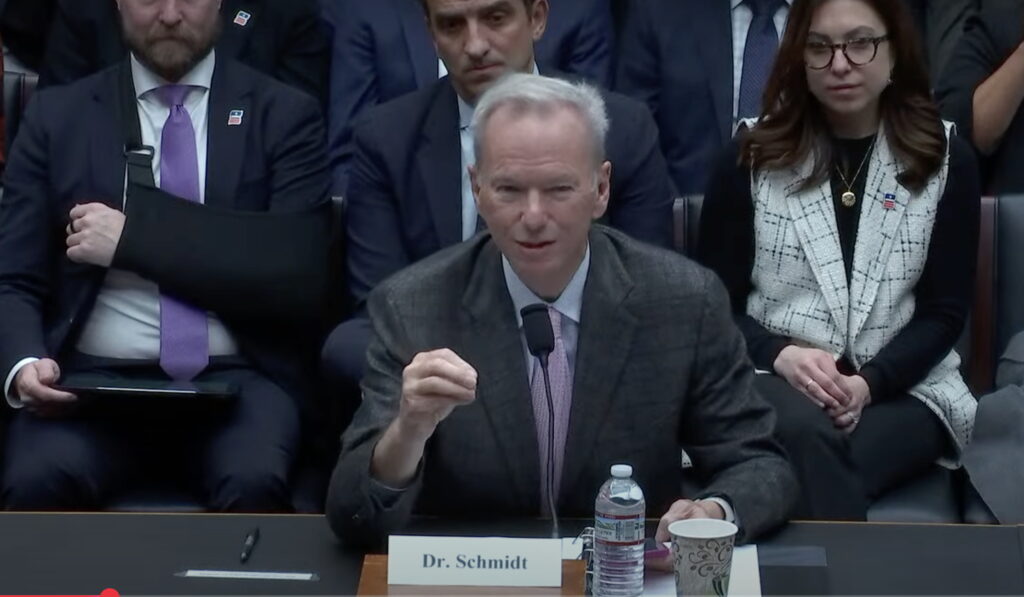TransCanada Corporation is facing another key hurdle in its efforts to obtain State Department approval for its proposed Keystone XL pipeline to deliver dirty tar sands oil from Northern Alberta to Texas refineries in the Gulf of Mexico.
On Friday, the Natural Resources Defense Council (NRDC), the Pipeline Safety Trust, the National Wildlife Federation and the Sierra Club jointly published a new report [pdf] which details the likelihood that there will be leaks and major oil spills into waterways along the pipeline’s path.
The report explicitly states how tar sands oil is more corrosive than conventional oil and therefore is a much higher risk to pipeline systems. The report notes that it is:
…more acidic, thick, and sulfuric than conventional crude oil…contains fifteen to twenty times higher acid concentrations than conventional crudes and five to ten times as much sulfur as conventional crudes. It is up to seventy times more viscous than conventional crudes. The additional sulfur can lead to the weakening or embrittlement of pipelines.
Because of its damaging effects to pipeline systems, tar sands oil spills will be more frequent than with conventional oil and as such, more devastating to the health and livelihoods of residents, farms and communities:
Alberta’s hazardous liquid system had 218 spills greater than 26 gallons per 10,000 miles of pipeline caused by internal corrosion from 2002 to 2010, compared to 13.6 spills greater than 26 gallons per 10,000 miles of pipeline from internal corrosion reported in the United States…
U.S. residents like Randy Thompson, a Nebraska landowner whose ranch would be crossed by the Keystone XL pipeline, fear what may occur if this project is approved:
I just don’t understand why we’d put our aquifer at risk. If oil gets into the water, we’re done. You can’t drink oily water and you can’t irrigate crops with it.
In a teleconference, Susan Casey-Lefkowitz, director of the NRDC’s international program and the report’s co-author notes that as:
…Canada delivers a greater and greater percentage of our oil, their corrosive products will take a greater and greater toll on our pipelines…
We need new safety standards in the United States that ensure our protection from raw tar sands oil in our pipelines.
Elizabeth McGowan over at Solve Climate is also covering this story and elaborates on Democrat efforts in the Senate to heighten pipeline safety. Specifically, a recent measure proposed by Sens. Frank Lautenberg (D-NJ) and Jay Rockefeller (D-WV) aims to:
…strengthen the authority of the Department of Transportation’s Pipeline and Hazardous Materials Safety Administration (PHMSA) through fiscal year 2014 by requiring:
• All local and state government agencies and their contractors to notify “one-call” notification centers before digging
• Time limits on accident and leak notification by pipeline operators to local and state government officials and emergency responders
• Pipeline operators to make information and inspections available to the public on the PHMSA’s Web site
• Authorization for phased-in hiring of additional pipeline inspectors and pipeline safety support employees
While increased safety measures are vital and on the way, it is certain that this report delivers one more reason for the State Department to decline this dirty energy project which will only deepen the U.S. and Canada’s dependence on fossil fuel energy.
Subscribe to our newsletter
Stay up to date with DeSmog news and alerts







